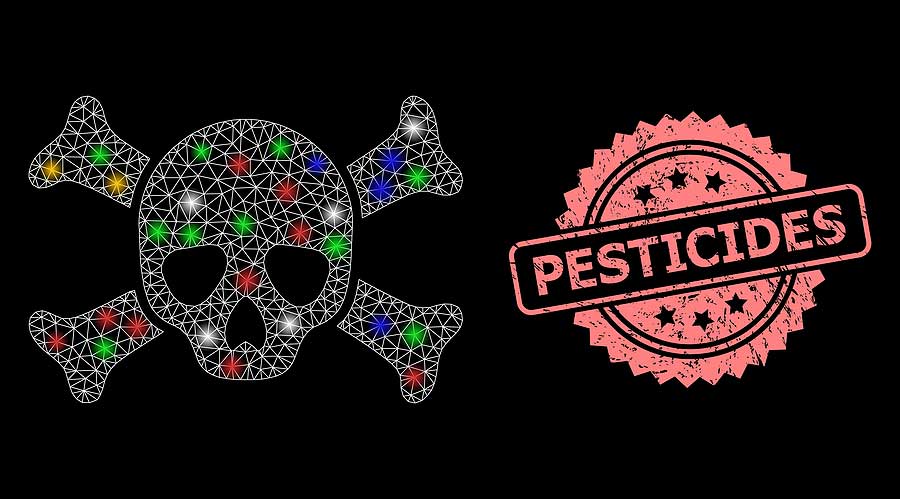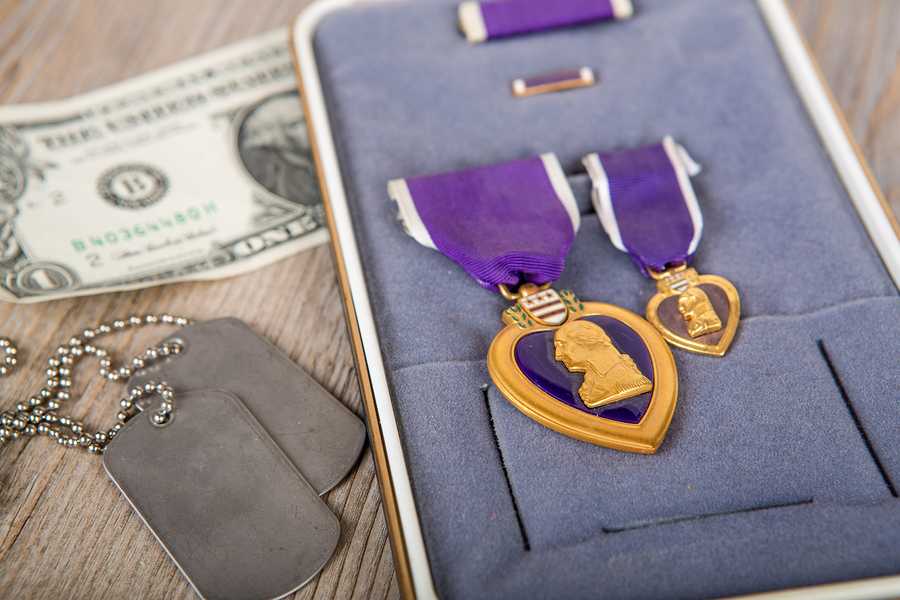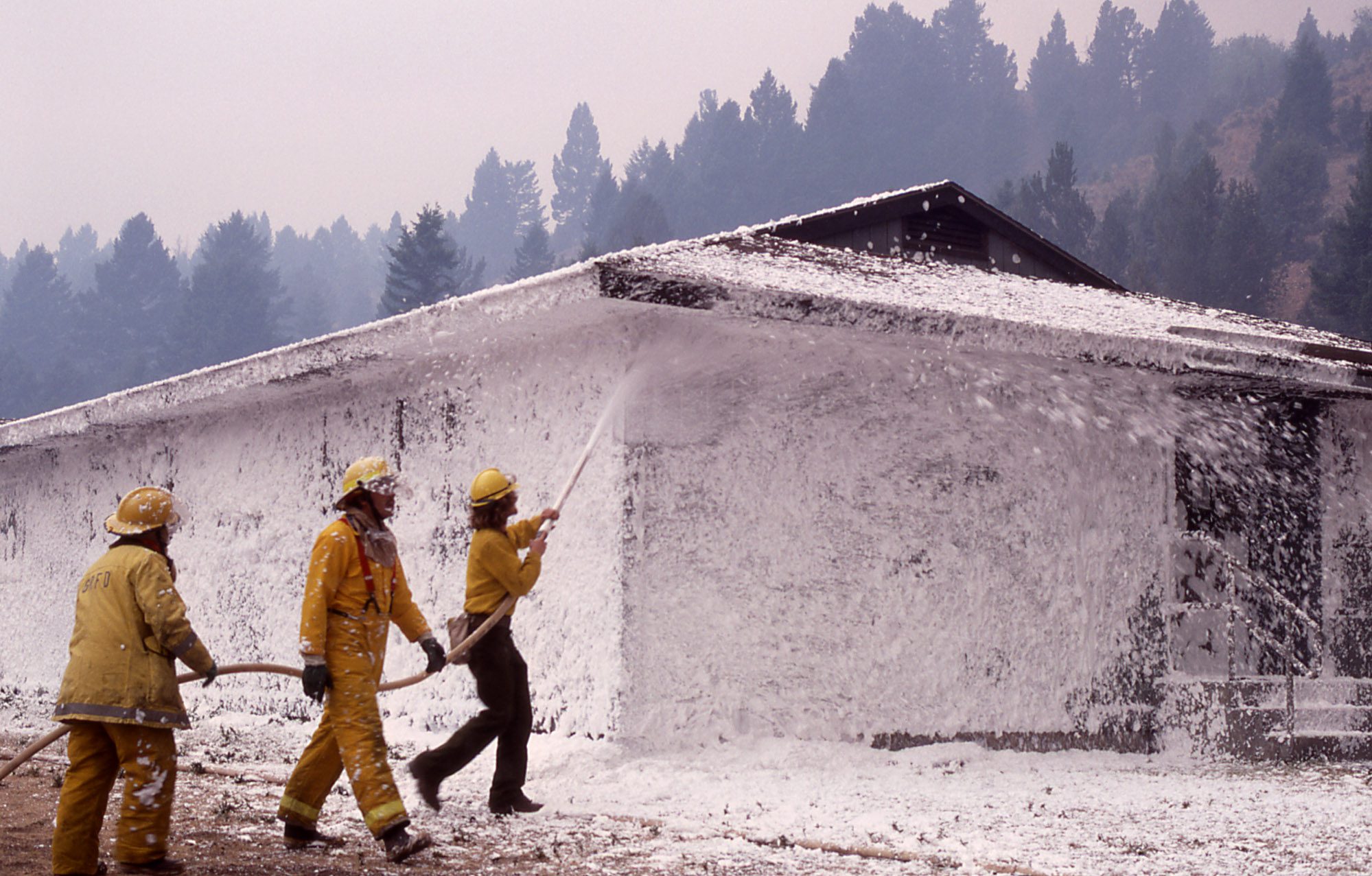If you have received a pre-recorded message from an energy or utility company, then you are not alone: these types of pre-recorded messages have inconvenienced many consumers. However, a pre-recorded message from an energy or utility company is not just an annoyance, it is potentially unlawful. The following will help you learn more about how consumers should be protected from these messages and what you can do if you have been affected by them.
Pre-Recorded Messages from Utility and Energy Companies
Pre-recorded message from utility or energy companies can vary, but the most common messages that people receive are misleading messages which claim to be related to someone’s account, but are in fact a form of hidden marketing. These calls are an attempt to get consumers to call the company so that they can be solicited to sign up for new services or more expensive services.
Telephone Consumer Protection Act
The Telephone Consumer Protection Act, or TCPA, is an Act intended to help protect consumers from unwanted spam and solicitation through the telephone. The Act is also intended to help protect the privacy of consumers.
According to the TCPA, companies cannot contact consumers through phone calls, text messages or fax messages unless the consumer has previously consented to communication. These regulations have even higher standards when it comes to an automated or pre-recorded message.
The penalties for violating the guidelines outlined in the TCPA can reach up to $1,500 per violation.
Permitted Energy and Utility Company Phone Calls
Both energy and utility companies are permitted to call their customers under certain circumstances. According to federal guidelines, companies can only make automated calls or texts to their customers (not potential customers) when the communication is sent to a number that has been provided and consented to by the customer; and the communication must be defined as “closely related” to that customer’s current utility or energy services.
In the past, “closely related ‘calls have included calls informing customers about current interruptions or outages in service; calls letting customers know about anything which may impact their current service; calls regarding non-payment for their services; or calls related to lower cost or subsidized services for which the customers could be eligible.
The FCC also requires all companies to allow customers to opt out of these types of communications.
Energy and utility companies are only allowed to send marketing text messages or phone calls under certain circumstances as well. The primary requirement for marketing is that customers must provide express written consent for marketing calls.
Oasis Energy Lawsuit Settlement
One real-life example of a violation of the TCPA is a lawsuit settlement reached by Oasis Energy. The company was on the receiving end of a class action lawsuit after consumers accused the company of sending voicemails to consumers which violated the TCPA. According to the information in the lawsuit, the pre-recorded messages were “ringless,” which means they didn’t cause the consumer’s phone to ring and instead showed up as a voicemail message.
Are You Eligible to Join a Pre-Recorded Message Class Action Lawsuit Investigation?
If you have received a pre-recorded message from a utility or energy company that you believe violates the regulations as outlined in the TCPA, then you may be eligible to join a class action lawsuit investigation regarding these pre-recorded messages.
If you want to know more, please contact the attorneys at the law firm of Shamis & Gentile, P.A today.



